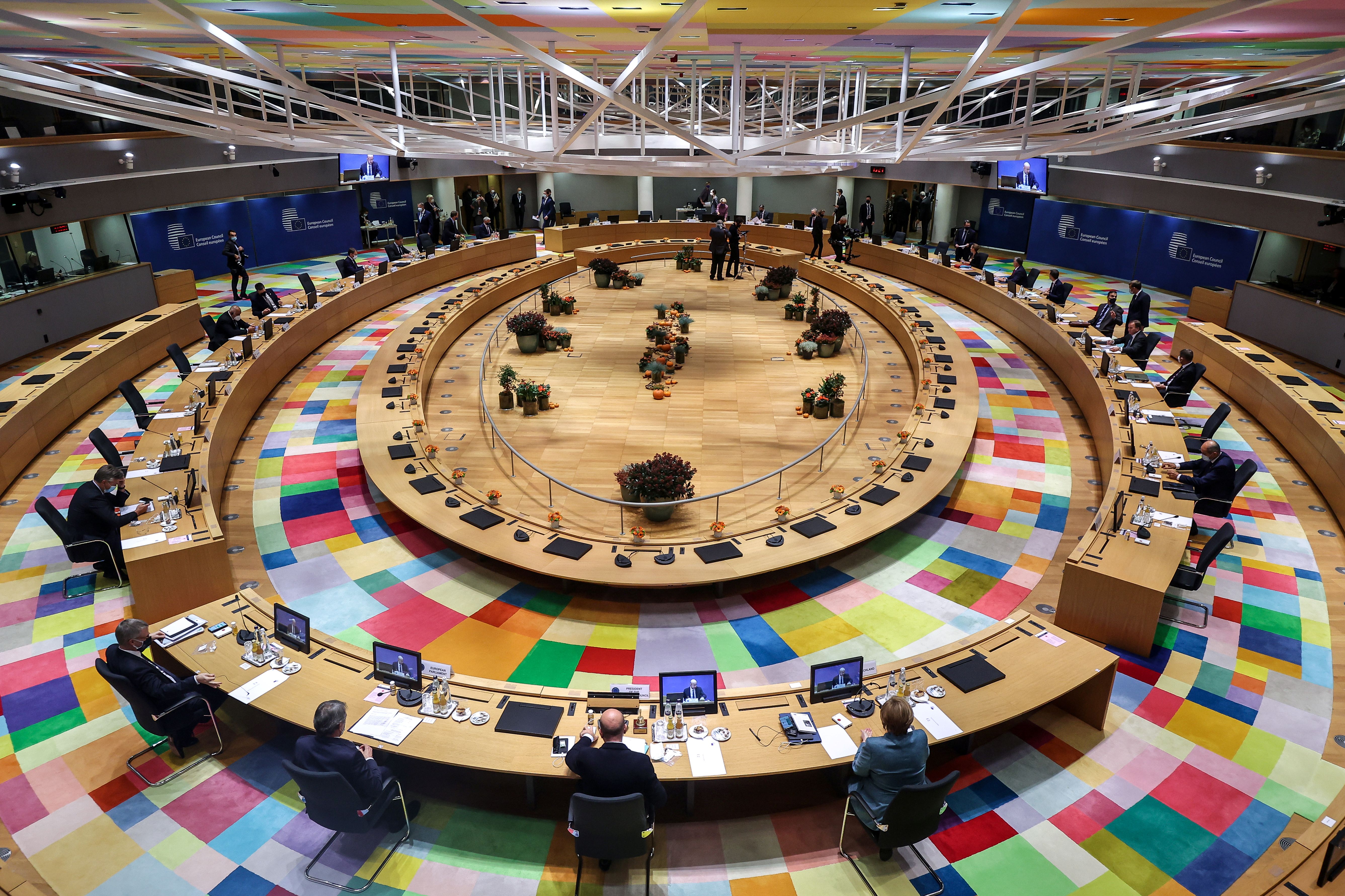Breakdown in EU-UK Negotiations on Future Relations

How did the negotiations breakdown?
The escalation resulted from a dispute over control of the negotiating calendar, which would allow creating time pressure to force additional concessions. Considering UK Prime Minister Boris Johnson’s ultimatum of 8 September, the British side expected gaining at minimum initial EUCO approval of the agreement during its October summit, while the EU set the critical date as the end of the month. The emphasis in the EUCO conclusions on the need for unilateral British concessions and resignation from intensification of the talks caused a backlash from the UK. The changes to the document were introduced at the initiative of several EU countries, particularly France and the Netherlands. The result was the collapse of official negotiations, while the main negotiators have remained in informal contact. In view of a new and intense blame game, the failure to resume the talks may extend the dispute over many years.
How have the negotiations on future relations been conducted so far?
The talks, launched in March, cover 12 areas, from the free trade agreement, through transport and data flows, to judicial cooperation. The sessions were held alternately in Brussels and London, with a break in March-April and video sessions in April-July due to the pandemic. In an exceptionally short time, the negotiators managed to narrow the gap between the sides. In particular, the UK has accepted the development of a single agreement with a uniform governance framework for all negotiating areas, the inclusion of audio-visual services and maritime transport in this treaty, EU proposals on the rules of origin of goods, as well as regulating the status of Gibraltar in a separate agreement. The UK has also withdrawn its clam for the automatic mutual recognition of professional qualifications. Moreover, the parties agreed to anchor the treaty in the European Convention on Human Rights, Paris Climate Agreement, and other multilateral treaties.
What issues are still pending?
Regardless of the substantive issues, time pressure is key. Considering the ratification requirements, a maximum of three weeks remained to negotiate a deal and transpose it into the draft treaty. For several months now, the dispute has focused on the issues of cross-sanctions and a level-playing field (LPF). The first one concerns the legal mechanism transferring the sanction for breaking the provisions of the treaty in one of the fields to the other of them. The second issue concerns broadly understood competition policy, including technical, sanitary, and environmental standards, labour law, professional qualifications or public aid for business. The importance of the LPF increased during the negotiations as a result of the economic fallout of the pandemic. These issues are fundamental from the point of view of the integrity of the single market and, consequently, the interests of all EU countries. The third most-contested area is fisheries.
What is the importance of the fisheries issue?
The dispute over access to British fishing grounds, although economically very limited (fisheries represent less than 1% GDP for either side), is symbolically important. Unfortunately, this makes it difficult to rationalise. The EU’s position is that the UK should effectively remain part of the Common Fisheries Policy. The UK wants to regain full control of its waters, with portions of the present EU fishing quotas to be sold back to EU fishermen and a transition period of three years on offer. Since the dispute affects sovereignty, electoral politics in fishing “marginal constituencies” in England, and separatism in Scotland (the repatriation of fisheries policy strengthens UK unity), it impacts all parts of Johnson’s winning electoral coalition. Unfortunately for the negotiations, fisheries also are important in domestic politics in France, the Netherlands, Belgium, Denmark, and Sweden. These countries are threatening to block the entire EU-UK agreement despite the low likelihood of UK concessions in the matter.
What are the possible consequences of the “no-deal” scenario for the EU and Poland?
The agreement would provide a uniform legal framework for present and future EU-UK relations, as well as an orderly transition to new rules of cooperation and trade. The “no-deal” scenario would bring a significant deterioration in the rules and terms of trade, the loss of many positions on the UK market to third countries’ businesses, and will most likely aggravate the legal dispute related to the preparation of the UK’s incomplete implementation of the Withdrawal Agreement under the UK Internal Market Bill, progressing through parliament. In the event of a deep economic crisis, a reduction in the UK’s military spending and activity on NATO’s Eastern Flank should be expected. Polish exports would be exposed to tariffs (especially agri-foods) and bottlenecks at the EU-UK borders (especially transport services and perishable products). Notably, in 2019 Polish-British trade turnover amounted to about PLN 120 billion (€26.5 billion), with a surplus for Poland of about PLN 40 billion (€8 billion).


